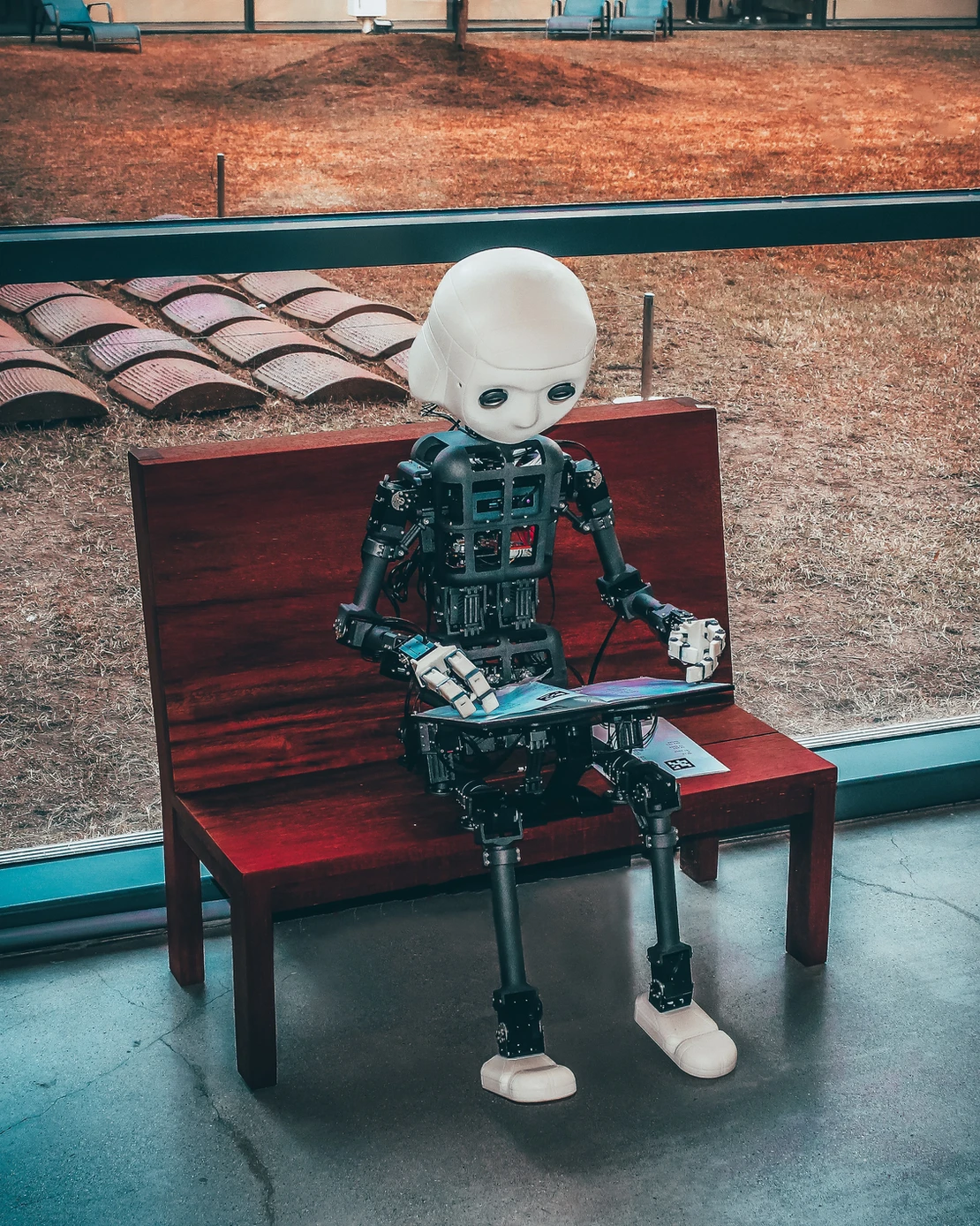In this article, we will explore the profound impact of technology on the future of Chartered Accountancy. As the Chairman of WIRC, I am excited to discuss how advancements in technology are reshaping the accounting profession and the opportunities they bring for Chartered Accountants. So, let’s delve into the topic and understand the transformative power of technology in the world of finance and accounting.
Automation and Efficiency
The advent of technology has revolutionized the accounting profession by introducing automation and streamlining various tasks. Manual and repetitive processes such as data entry, reconciliations, and report generation can now be automated through accounting software and advanced algorithms. This allows Chartered Accountants to focus on more value-added activities like financial analysis, strategic planning, and providing advisory services. By reducing the time spent on routine tasks, technology enhances efficiency and enables CAs to deliver higher quality work in less time.

Cloud Computing and Collaboration
Cloud computing has revolutionized how data is stored, accessed, and shared in the accounting profession. With cloud-based accounting software, CAs can access financial information from anywhere, collaborate with clients and team members in real-time, and ensure data security and integrity. Cloud technology promotes seamless collaboration, allowing multiple stakeholders to work together on financial reports, budgeting, and decision-making processes. It also enhances accessibility, making financial data available on various devices, facilitating remote work, and improving client service.

Data Analytics and Business Insights
Technology has unlocked vast opportunities for data analytics in the accounting profession. With the availability of big data and advanced analytical tools, CAs can extract valuable insights from large volumes of financial information. By analyzing patterns, trends, and key performance indicators (KPIs), CAs can provide businesses with actionable insights for better decision-making. Data analytics also enables proactive risk management, fraud detection, and the identification of growth opportunities. CAs with expertise in data analytics have a competitive edge in the evolving landscape of finance and accounting.

Artificial Intelligence and Machine Learning
Artificial Intelligence (AI) and Machine Learning (ML) are transforming the way financial data is processed and analyzed. AI-powered tools can automatically categorize expenses, flag anomalies, and provide real-time financial insights. ML algorithms can learn from historical data, making predictions and recommendations for financial planning and forecasting. These technologies enable CAs to make data-driven decisions, improve accuracy, and enhance the quality of financial reporting. However, it is important to note that human expertise and judgment remain critical for interpreting AI-generated insights and ensuring ethical practices.

Cybersecurity and Data Privacy:
As technology advances, so does the need for robust cybersecurity measures and data privacy. Chartered Accountants must stay updated on the latest cybersecurity practices to protect sensitive financial information from cyber threats. They play a crucial role in implementing security controls, ensuring compliance with data protection regulations, and safeguarding the financial interests of their clients and organizations. Technology has brought tremendous benefits, but it also requires a heightened focus on maintaining data integrity, confidentiality, and resilience.

Continuous Learning and Adaptation:
The integration of technology in the accounting profession necessitates a culture of continuous learning and adaptation. Chartered Accountants need to upskill themselves and stay abreast of the latest technological advancements. They must embrace new tools, software, and emerging technologies to remain competitive and provide cutting-edge services to their clients. Lifelong learning and professional development are essential to harness the full potential of technology and thrive in the ever-evolving landscape of Chartered Accountancy.
Conclusion:
The impact of technology on the future of Chartered Accountancy cannot be overstated. Automation, cloud computing, data analytics, AI




